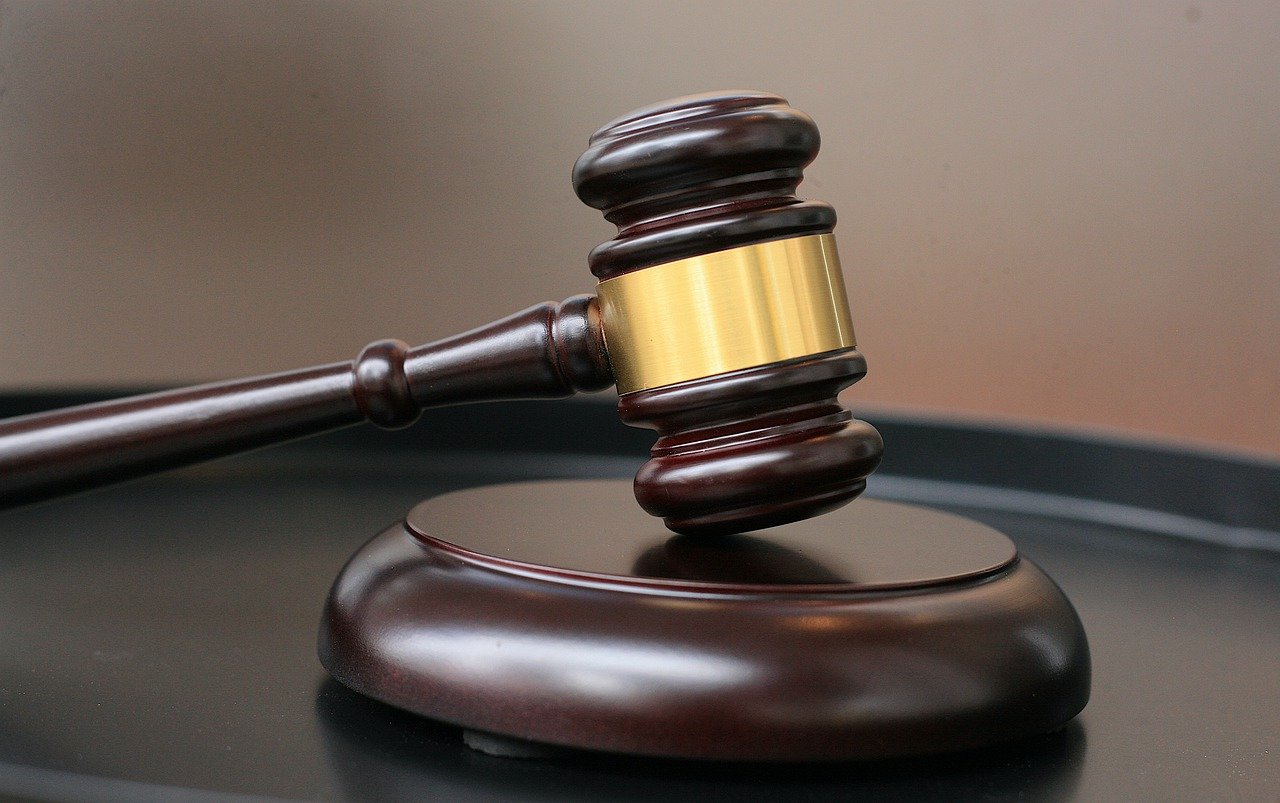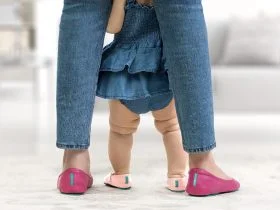Parents trust pediatricians with the health and well-being of their children. They rely on the doctor’s expert advice to provide the best treatment possible. However, there are instances where the actions or negligence of a pediatrician may lead to harm or injury to a child, prompting the consideration of legal action. Understanding what warrants a lawsuit against a pediatrician is crucial for parents who find themselves questioning the quality of care their child has received.
Reader's Roadmap
Negligence in Diagnosis or Treatment:
One of the primary reasons parents might contemplate legal action against a pediatrician is if there is evidence of negligence in the diagnosis or treatment of their child’s medical condition. Pediatricians are expected to follow established standards of care when evaluating and treating patients. If it can be demonstrated that a pediatrician deviated from these standards, leading to harm or injury, a lawsuit may be warranted.
Failure to Obtain Informed Consent:
Pediatricians are obligated to obtain informed consent from parents before initiating any treatment or medical procedure on a child. Informed consent involves providing comprehensive information to parents about the risks, benefits, and alternatives of a proposed treatment. If a pediatrician fails to obtain informed consent and a child suffers harm as a result, it may be grounds for legal action.
Prescription Errors or Medication Mistakes:
Errors in prescribing medications or administering incorrect dosages can have severe consequences, especially when it comes to pediatric patients. If a pediatrician’s prescription error results in harm to a child, such as an adverse reaction or worsening of the medical condition, parents may consider pursuing legal action.
Misdiagnosis or Delayed Diagnosis:
A pediatrician’s ability to accurately diagnose a child’s medical condition in a timely manner is critical. Misdiagnosis or delayed diagnosis can lead to prolonged suffering, exacerbation of the condition, or even irreversible harm. Parents may explore legal options if they believe that a pediatrician’s failure to diagnose or a delay in diagnosis has negatively impacted their child’s health.
Inadequate Monitoring or Follow-up:
After diagnosing a medical condition, pediatricians are responsible for providing appropriate monitoring and follow-up care. If a pediatrician fails to adequately monitor a child’s condition or neglects to follow up on recommended treatments, and the child experiences harm as a result, it may be grounds for legal action.
Lack of Communication or Inadequate Counseling:
Effective communication between pediatricians and parents is essential for ensuring the well-being of a child. If a pediatrician fails to communicate important information about a child’s condition, treatment options, or potential risks, and this lack of communication results in harm, parents may consider pursuing legal recourse.
The decision to pursue a lawsuit against a pediatrician requires careful consideration of the circumstances. Instances of negligence in diagnosis or treatment, failure to obtain informed consent, prescription errors, misdiagnosis or delayed diagnosis, inadequate monitoring or follow-up, and lack of communication are factors that might warrant legal action. Parents should consult a medical malpractice attorney to assess the validity of their case and explore legal options. Advocating for their child’s well-being and seeking justice is crucial. Holding negligent pediatricians accountable maintains trust in the medical profession. Seek legal advice if you have concerns about your child’s care.







Leave a Reply
View Comments